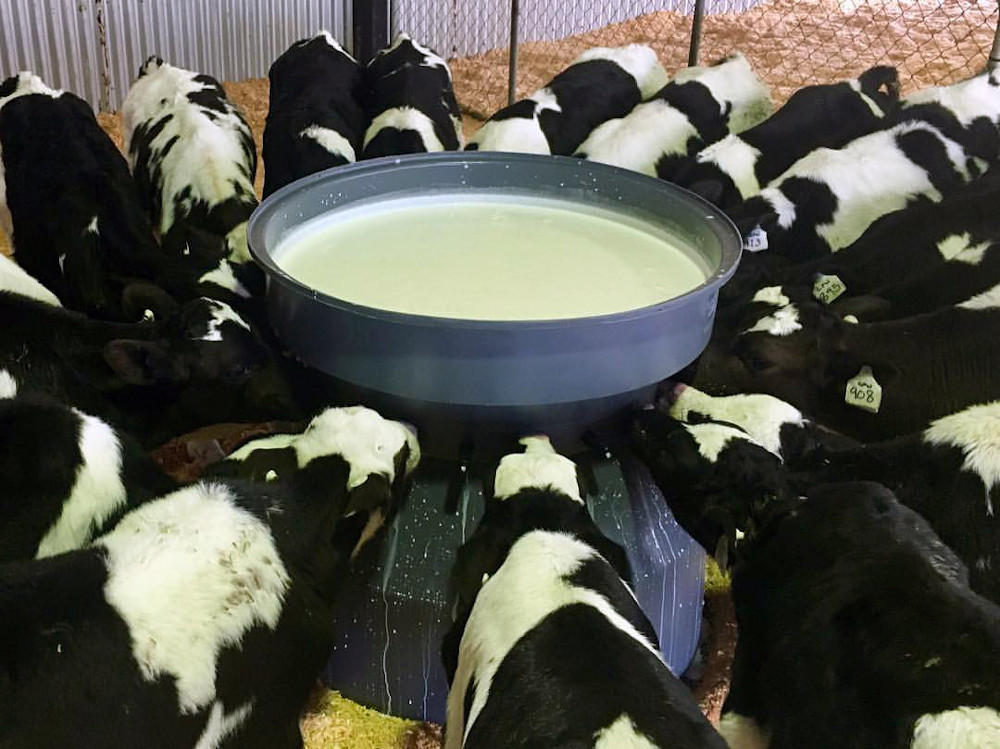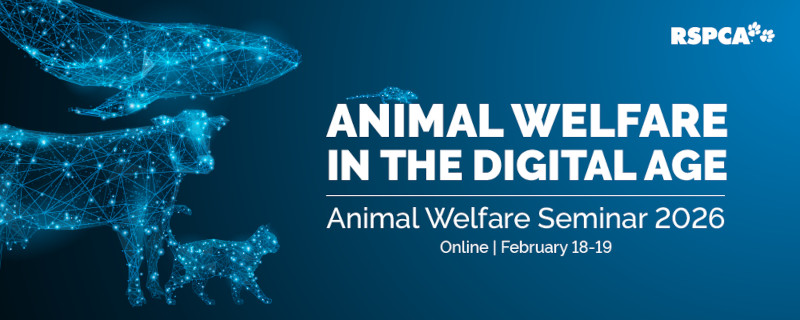Veal is the meat from a younger animal of either a dairy breed, dairy crossbreed or beef breed. Dairy and dairy crossbreed calves are separated from their mothers and, if raised for veal, grown out on specialist rearing properties, whereas beef breed calves are raised with their mothers and separated at an older age.
Veal
In Australia, veal is the meat produced from dairy calves weighing less than 70kg or beef calves (vealers/weaners) weighing up to 150kg.
Calves from the dairy industry may be a pure dairy breed (such as a Holstein) or a dairy cross beef breed (such as Holstein/Angus). After being separated from their mother, the calves usually grow up on specialist calf-rearing properties unless the dairy farmer has facilities for rearing calves. Calves are generally reared in groups in sheds (some with access to pasture) and fed milk or milk replacer and then a grain-based ration. This specialist calf-rearing method results in pink-coloured meat called rose veal.
Vealers or weaners are beef breeds raised on pasture with their mothers. This method of calf rearing results in a light red veal.
Veal crates
The system of veal production where calves spend their entire lives in individual crates with solid wooden sides that do not allow the animal to turn around or express natural behaviours, has never been used in Australia. This inhumane system of housing calves for veal production is designed to produce the ‘classic’ white-coloured veal by denying the calf access to iron. Veal crates have been illegal in the UK and Europe since 2007 but are still used in some countries.

Does the RSPCA have animal welfare standards for dairy or beef calves?
The RSPCA Approved Farming Scheme is the RSPCA’s farm certification scheme focused on animal welfare.
The RSPCA’s standards for dairy calves focus on ensuring good farming practices, handling, husbandry and management. Calves on RSPCA Approved farms have space to move, play and socialise. They should enjoy a quality and nutritious diet, proper bedding and access to the outdoors from 8 weeks old at the latest. As yet, there are no farms participating in the RSPCA Approved Farming Scheme that raise calves for veal.
With the release of RSPCA’s standards for dairy calves, the RSPCA is encouraging farmers to raise calves for veal or dairy beef to higher welfare standards. Consumer demand has the potential to help reduce the number of bobby calves treated as by-products of dairy farming. Find out more about what RSPCA Approved means for dairy calves.
While there currently isn’t an RSPCA Approved dairy veal or dairy beef product in the market, the RSPCA has been talking to farmers and industry. Here’s how you can help:
- Contact your favourite veal brands and let them know that animal welfare is important to you.
- Write to your supermarket and let them know that you are interested in veal or dairy beef farmed to higher welfare standards

